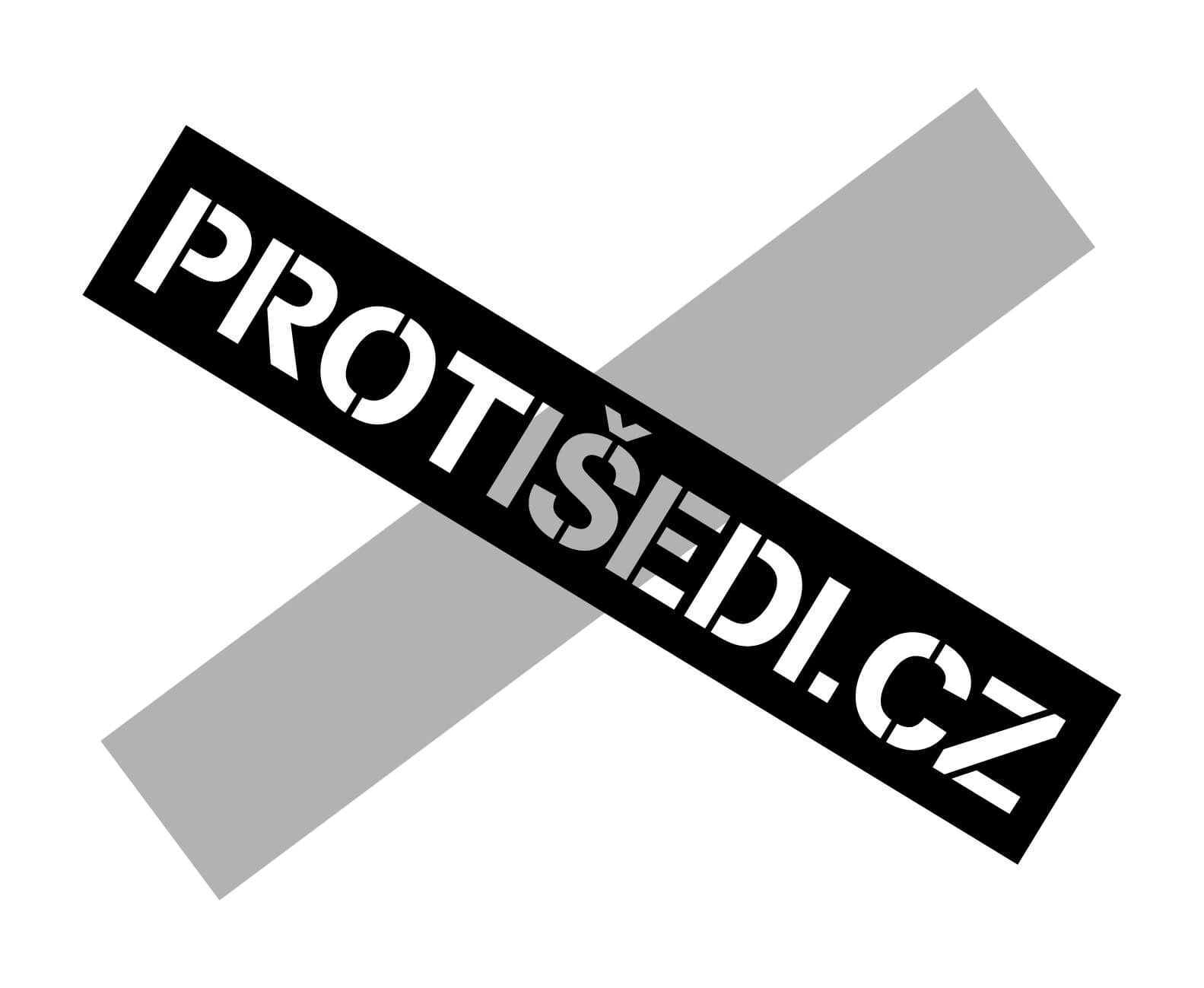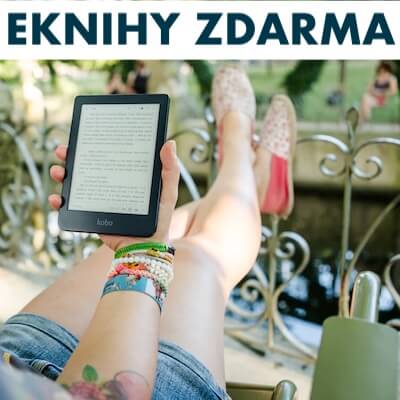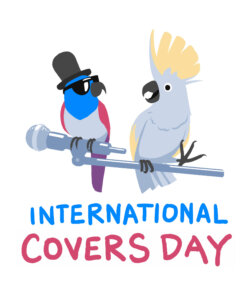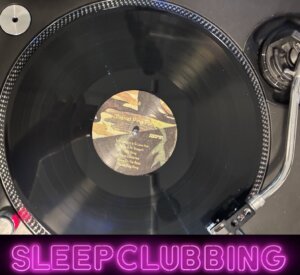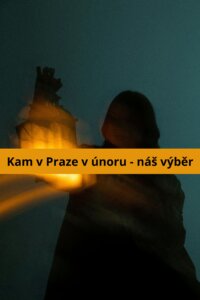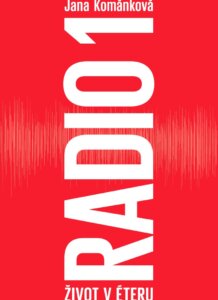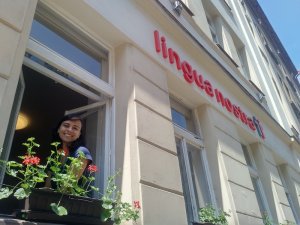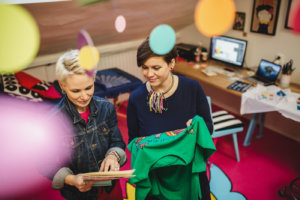From Kyiv to Prague: How a Scholarship Changed the Life of a Promising Ukrainian Student

The education of Ukrainian students abroad remains a pressing issue more than three years after the outbreak of war in Ukraine. The Czech Republic plays a significant role in this regard, especially in the field of higher education. Since the war began, the number of Ukrainian university students in the Czech Republic has doubled and has remained between six to seven thousand students. For them, the Czech Republic is not only a geographically and linguistically safe haven but also an active supporter of their integration into society. Universities themselves have introduced various support programs. Since 2022, Anglo-American University (AAU) in Prague has provided scholarships to 20 Ukrainian students, allowing them to continue their studies despite the dire situation in their home country. One of these students is Daryna Semergei, a marketing student who found an academic refuge in Prague after a dramatic escape from Kyiv.
In February, Daryna Semergei spoke as a panelist at a public debate on the future of Ukraine, organized by the Strategeo Institute at AAU. The debate was held on the somber occasion of the third anniversary of the start of the Russia-Ukraine war. Alongside Czech diplomats, security experts, and entrepreneurs, Daryna took part in discussions about Ukraine’s post-war reconstruction, its position on the international stage and within Europe, and the possibilities for support from the international community. In the following interview, the young student shares her personal perspective on the Czech education system, her study experiences, the challenges of integrating into a new environment, and her plans for the future.
How do young Ukrainians perceive education at Czech colleges and universities?
European education is generally perceived in Ukraine as being of higher quality and offering better opportunities. Many young people in Ukraine dream of studying in the EU, with Poland, Czechia, and Slovakia being particularly popular destinations. Czech higher education is valued for its affordability, quality, and the opportunity to study in a multicultural environment.
Has this perception changed since the outbreak of the war in 2022?
In my opinion, yes. The beginning of the war brought a lot of challenges for higher education in Ukraine, with academic integration and language barriers being the main ones. On the other hand, Czechia’s support for Ukrainian students, including scholarships and integration programs, has been well-received and made it more feasible for Ukrainian students to study there. For example, I personally never considered studying in the Czech Republic due to the significant cost, but because of the AAU support, it became possible.
What could Czech universities do better to attract more Ukrainian students?
To attract more students from Ukraine, Czech schools could consider a combination of several factors. They should develop and promote programs that are popular among Ukrainian students, such as those in technology, business, and the arts. Enhancing support for integration into both the student community and the broader Czech community is crucial, including language courses, cultural orientation programs, and peer mentoring. Providing comprehensive support during the application process—including guidance on documentation, visa procedures, and academic requirements—can make the transition smoother. Additionally, offering scholarships and financial aid for academically gifted students who can contribute to the institution through their exceptional performance would be beneficial. By addressing these areas, Czech schools can create a more welcoming and supportive environment for Ukrainian students.
How did you choose your school?
When the war started, I realized that studying abroad would be the best option to ensure stability and safety. I began searching for various grants related to the degree I wanted to pursue—marketing. I discovered AAU through the Czech governmental platform „Study in CZ“ and applied via their website. I enrolled in the Business Administration program with a focus on marketing and communication. It turned out to be a very well-rounded program that I have enjoyed studying for the past three years.
I had numerous opportunities within the program, including practical cases, startup competitions, and various real-world projects. These experiences have been invaluable in providing hands-on learning and practical skills.
Do you mostly spend time with Ukrainians in the Czech Republic, or also with Czechs?
The environment at AAU is extremely diverse, with a significant presence of US students. Personally, I am surrounded mainly by Ukrainian students, along with some friends from the American cohort. However, the community is generally very international, making it interesting to share our thoughts and experiences with each other.
Your chosen school holds both Czech and American accreditation. Do you personally consider that important?
Having both Czech and US accreditation is a significant advantage, especially for young adults seeking maximum flexibility in their future careers. A European diploma will facilitate career opportunities within the EU, while American accreditation could be highly beneficial if I ever wish to work for an American company. Additionally, this dual accreditation is a substantial perk in the current hyper-competitive job market.
What are your plans for the years after graduation?
It’s a rather complicated question. It’s very sad to depart from AAU—to such an extent that I feel like my story here is not finished. Additionally, I am looking for a potential master’s scholarship to further my education and enhance my career prospects, but it has been extremely tough as I intend to stay in Prague. I worked really hard throughout the years to gain as much experience and as many skills as possible to be able to enter the workforce after my graduation. So for now, I plan to work extremely hard in order to change my visa status to a 5-year temporary residence. There is a lot of work to be done to fulfill the conditions as a 20-year-old.
